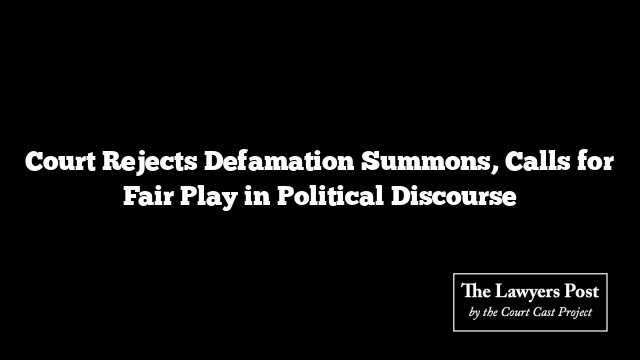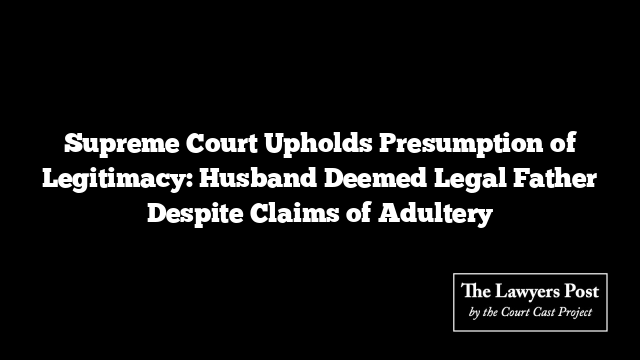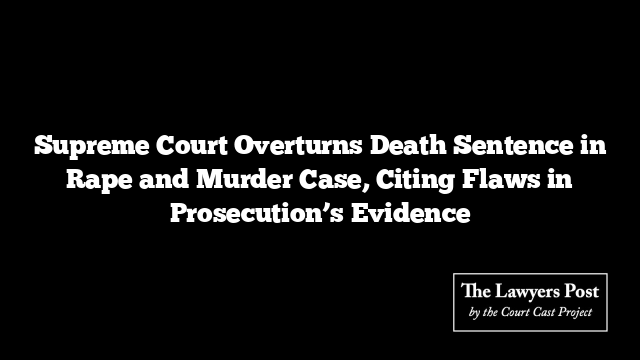A Delhi court has overturned summons issued against Delhi Chief Minister Atishi in a defamation case filed by a Bharatiya Janata Party (BJP) leader. The case revolved around allegations made by Atishi and other Aam Aadmi Party (AAP) members, claiming that BJP representatives were bribing AAP legislators to defect.
Special Judge Vishal Gogne criticized the lower court’s May 2024 decision to summon Atishi, describing it as flawed and legally unsound. The court highlighted the importance of protecting freedom of speech and the democratic right to dissent, particularly for smaller political voices.
“The big voice cannot silence the smaller voice using defamation as a weapon,” the court observed, emphasizing the responsibility of larger political entities to accommodate alternative narratives. It described the BJP’s actions as an attempt to suppress criticism and diminish accountability.
Whistleblower Protections and Democratic Values
Atishi’s statements, which alleged potential criminal behavior by the BJP, were seen as acts of whistleblowing rather than defamation. The court noted that such allegations warranted investigation, not prosecution. It framed her statements as a legitimate exercise of free speech aimed at exposing political corruption.
The court underscored the public’s right to know, linking it to their democratic right to vote. “Citizens deserve transparency, especially when accusations involve a powerful political entity leveraging wealth against a smaller opponent,” it stated. Efforts to prosecute Atishi, it said, risked creating a chilling effect on freedom of speech.
Political Criticism vs. Legal Thresholds
The court stressed that allegations of political corruption should be addressed through public discourse and elections rather than criminal defamation cases. It noted that Atishi’s remarks reflected broader criticisms commonly made in political debates and did not meet the high bar required for defamation under the law.
The judge also criticized the BJP’s dual approach—pursuing defamation charges while simultaneously seeking investigations into the same allegations. Such tactics, the court said, revealed a “cloak-and-dagger” strategy to intimidate smaller political opponents.
Upholding the Right to Criticize
By quashing the summons, the court reinforced the principle that robust political debate, even when critical or controversial, is a cornerstone of democracy. The ruling serves as a reminder that legal systems must not be used as tools to stifle dissent or limit political accountability.
The verdict sends a clear message: the court of public opinion, not a courtroom, is the appropriate venue for resolving political disputes.





